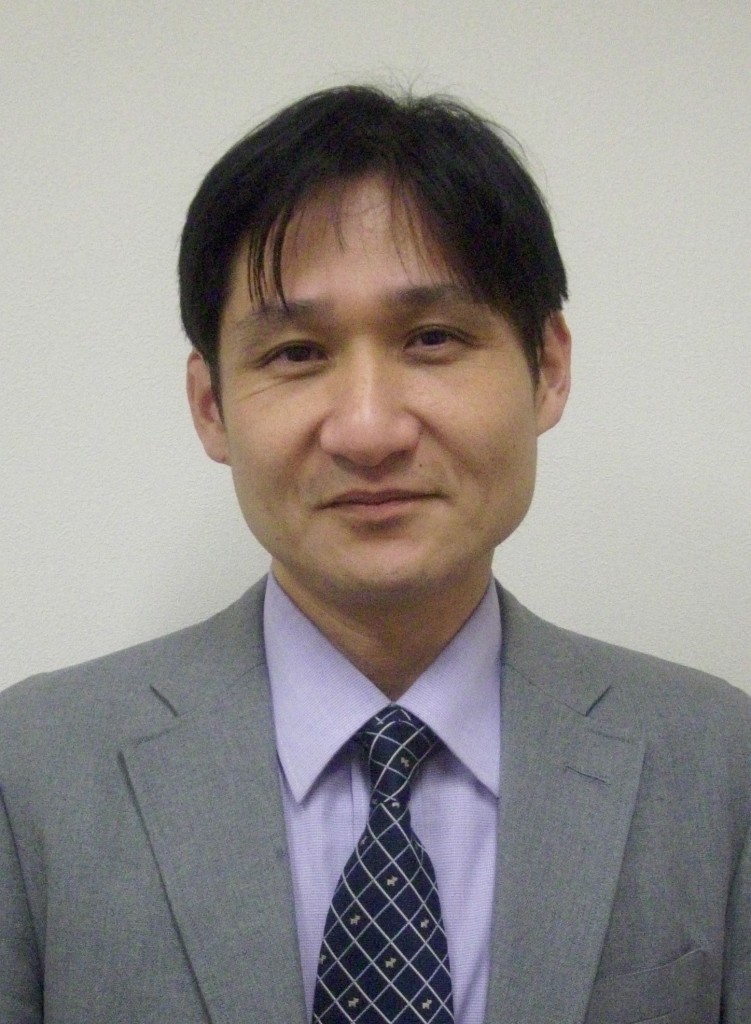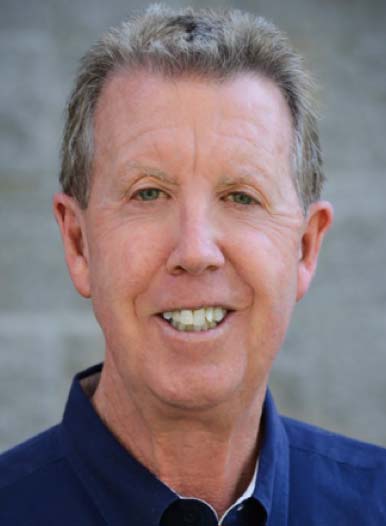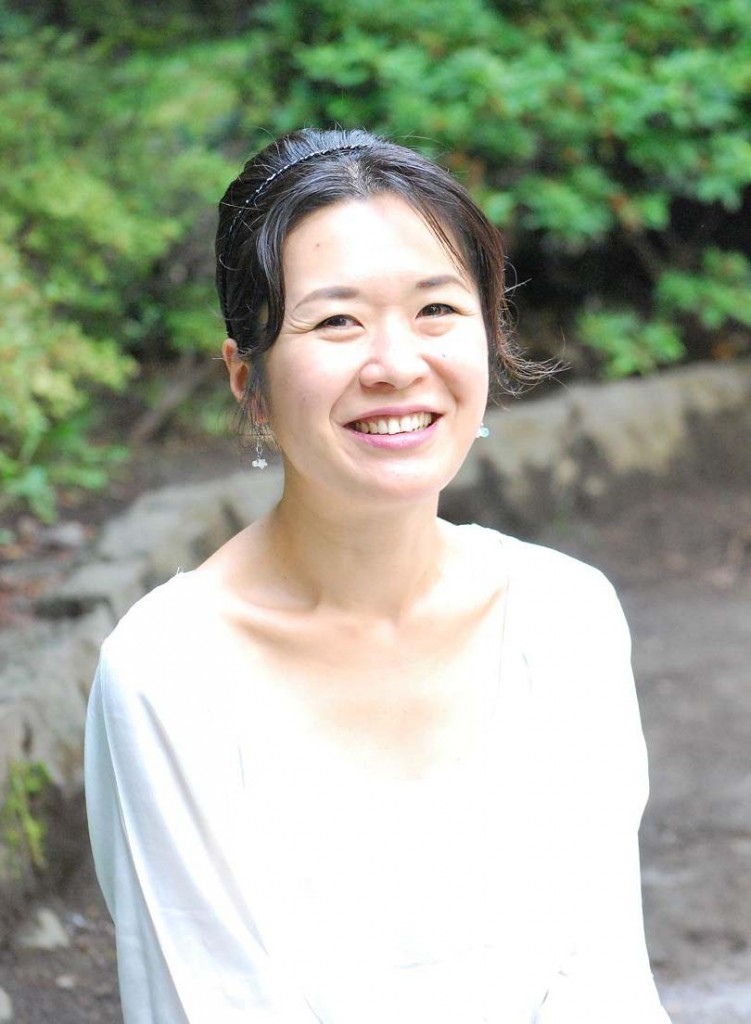[include-page id=”27802″]
Symposium 5 «Abstract»
“Concidering The future of Veterinary Disaster Medicine in Japan”
Date: Mon. 20th July 14:00~17:00
Venue: Seminar Room
Organiser: Japanese Association of Veterinary Disaster Medicine (JAVDM)
Purpose: 20 years have passed since the Great Hanshin-Awaji Earthquake and 10 years have passed since Hurricane Katrina. These disasters coused severe damage to the urban areas and sufferd many human and animals. Through the lecture of two specialists , this workshop will make suggestions for future direction of veterinary disaster medicine in Japan.
<Organizer’s Message>
 Shin-ichi HAYAMA, DVM, PhD, (Chairperson, Japanese Association of Veterinary Disaster Medicine / Professor, Nippon Veterinary and Life Science University)
Shin-ichi HAYAMA, DVM, PhD, (Chairperson, Japanese Association of Veterinary Disaster Medicine / Professor, Nippon Veterinary and Life Science University)
I would like to offer my sincere congratulations on the organization of the 4th International Conference on All Creatures Care in KOBE 2015 held in Kobe, the city devastated by the Great Hanshin-Awaji Earthquake twenty years ago, but recovered from it due to the support of a great number of people and their wisdom.
Japan is one of the world’s leading disaster countries, so far from the eruption and earthquake experience, is clear that would require a lot of supplies and workers in a short period of time in the disaster veterinary medicine. In the case of the Great Hanshin-Awaji Earthquake, 4,300 dogs and 5,000 cats were estimated to be affected, and the total number of volunteers who participated in the animal rescue activities has exceeded the total 20,000 people.
Future, in the Nankai Trough earthquake and capital earthquake occurrence is expected, in the worst case, it is expected that several hundreds of thousand animals are affected. In addition, not only natural disasters that including other volcanic eruption, marine pollution from ships accident, and a nuclear disaster or pandemic, we must prepare the adaptable veterinary medical system in every disaster. However, veterinary medical support systems are rarely studied in Japan. On the other hand, veterinary schools and veterinary medical associations in the United States have education and research systems of disaster veterinary medicine, and also experts in training who are active in the field. The role of disaster veterinary medicine is to rescue affected animals for human. In addition, disaster veterinary medicine have to resolve many issues such as public health, environmental pollution, feral animals, injured rescue dogs, pet loss owners.
So, in order to establish disaster veterinary medicine and medical system in Japan, Japanese Association of Disaster Veterinary Medicine was formed, and we want to contribute to society to maintain good health of humans, animals and the environment. I believe this conference will promote the development of disaster veterinary medicine in our country.
<Chairperson’s Message>
 Jun SAEKI (Veterinarian/Director, Kuzunoha Animal Hospital/Secretary, Japanese Association of Veterinary Disaster Medicine/Board of Directors, Osaka Prefecture Veterinary Medical Association)
Jun SAEKI (Veterinarian/Director, Kuzunoha Animal Hospital/Secretary, Japanese Association of Veterinary Disaster Medicine/Board of Directors, Osaka Prefecture Veterinary Medical Association)
I think that the Veterinary Disaster Medicine is the field which practices the One Health, because it is not only the relief of animals but also including public health such as zoonossis.
20 years have passed since the Great Hanshin-Awaji Earthquake and 10 years have passed since Hurricane Katrina. These disasters coused severe damage to the urban areas and sufferd many human and animals. Both in Japan and in the United States, these sufferd animals were widely reported in media and the relief acitivities attracted attention, so these disasters had great influence on relief measures of the animals.
Because this meeting is held in such a significant year, I think that this symposium will make suggestions for future direction of veterinary disaster medicine in Japan, so I planned the lecture by two experts. At the first, Dr. John MADIGAN, professor from the University of California Davis, will present. He has abundant experience in many disasters and talk about the veterinary disaster medicine in the United States. Second, Dr. Aki TANAKA,
from the University of California Davis, talk about future direction of veterinary disaster medicine in Japan.
“Veterinary Disaster Medicine in the United States”
 John MADIGAN (D.V.M., MS, Professor, University of California, Davis)
John MADIGAN (D.V.M., MS, Professor, University of California, Davis)
Animals in Disasters: Preparedness and Response
Disasters and large-scale emergencies affect animals as well as human beings. People affected by disasters value their companion animals emotionally; food animals have economic importance. Fires, floods, earthquakes, power loss, extreme cold or heat, and less common disasters such as radiation contamination, toxic spills, all impact animal and human lives. Emergency management must incorporate Preparedness and Response Plans to include animals. Key planning areas to include animals are: veterinary medical care, animal sheltering, feeding and water, reunification with owners, search and rescue, decontamination, evacuation plans which include animals, animal transportation, animal identification, infectious disease control, and recovery efforts.
“Future Direction of Veterinary Disaster Medicine in Japan”
 Aki TANAKA (D.V.M., University of California, Davis)
Aki TANAKA (D.V.M., University of California, Davis)
Extremely large-scale disasters cause immeasurable effects on humans, animals, and the environment. Such catastrophes overwhelm communities and their resources, and inflict untold damage to all species including people, wildlife, large animals, and companion animals. The contributions of veterinarians in disasters are well-described in Western countries where disaster medicine is advanced, and many pre and post-graduate training opportunities are offered through veterinary schools and professional associations. It is time in Japan to review the critical role that veterinarians can play in contributing to human, environmental, and animal well-being in disasters through their unique expertise, clinical experience, and t
raining.
